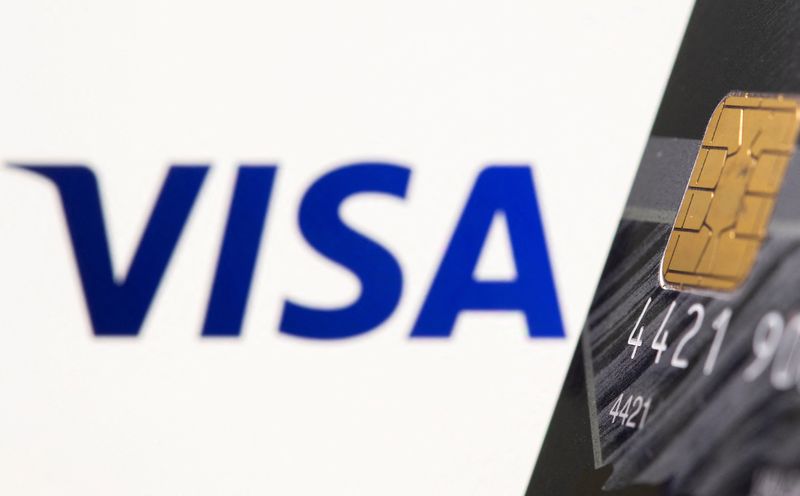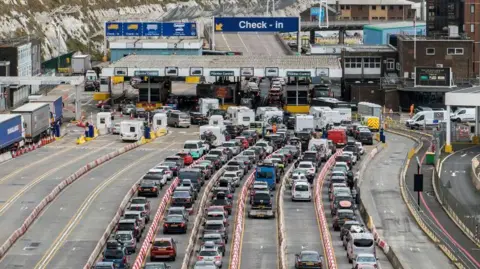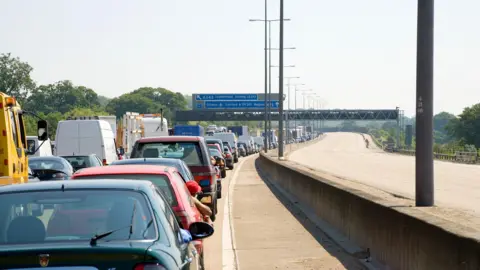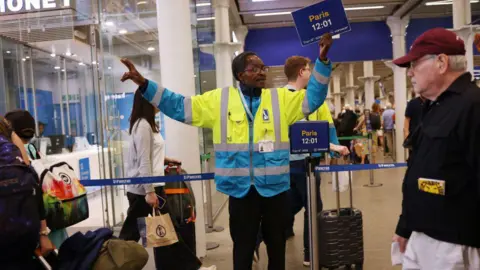Slovak Prime Minister Robert Fico was critically injured on Wednesday in a shooting that the government called an assassination attempt and several politicians linked to the country’s stark polarisation.
Fico’s office said he was in a “life-threatening condition” after being shot multiple times as he greeted people in the town of Handlová, about 190km from the central European country’s capital, Bratislava.
The government said the 59-year-old populist, pro-Russian leader was transferred by helicopter to a hospital in the nearby city of Banská Bystrica, rather than Bratislava, because of the need for “acute intervention”.
Fico underwent surgery on Wednesday evening, according to defence minister Robert Kaliňák, a close ally of the prime minister.
He added Fico’s situation was “very complicated”, but that “we believe he will be strong enough to handle this trauma”.
Deputy prime minister Tomáš Taraba later told the BBC he thought Fico’s hospital operation “went well”, adding: “I guess in the end he will survive.”
A man with a gun licence was detained as a suspect over the shooting, local media reported.
The attacker had a “clear political motivation”, said interior minister Matúš Šutaj Eštok, who added the assailant decided to act after Peter Pellegrini, a Fico coalition government ally, won the country’s presidential election in April.

Some politicians from Fico’s coalition were quick to claim the opposition had provoked the attack.
Taraba said “the entire hateful opposition has bloody fingers”.
Other politicians linked the shooting with acute political divisions affecting Slovakia, an EU member state.
In a televised address to the nation, outgoing President Zuzana Čaputová called for a halt to vitriolic language against politicians.
“The hateful rhetoric we witness leads to hateful acts,” she said. “A physical attack on the prime minister is primarily an attack on a person, but also on democracy.”
Čaputová said she was shocked by the “brutal and reckless” attack and wished Fico “a lot of strength at this critical moment to recover”.
Death threats against politicians are frequent in Slovakia, said Milan Nič, analyst at the German Council on Foreign Relations and former adviser to Slovakia’s foreign ministry.
“It is not an isolated incident. This is one of the most polarised countries in Europe . . . with regular threats against the lives of politicians,” he added.

Fico, founder of the populist Smer party, began his fourth term in office last October leading a three-way Eurosceptic coalition.
The coalition has been deeply at odds with liberal and pro-EU groups as it calls for tough anti-migrant measures and an end to sanctions against Russia imposed after its invasion of Ukraine.
Fico’s return to power sparked mass protests this year that echoed large-scale demonstrations in 2018 over the fatal shooting of a 27-year-old journalist who had been investigating alleged links between Smer and organised crime. Fico stepped down from his previous term amid those protests.
Michal Šimečka, leader of the country’s liberal opposition, said on social media site X: “We absolutely and strongly condemn the violence and . . . shooting of Prime Minister Robert Fico. We believe he will be fine.
“At the same time, we call on all politicians to refrain from any statements and actions that may contribute to the escalation of tension.”
Since returning to the premiership of Slovakia, Fico has made contentious political moves such as dissolving an anti-corruption office in defiance of warnings from Brussels.
Last month, his coalition moved ahead with a law targeting non-governmental organisations, which critics said was inspired by Hungary’s crackdown on civil rights groups.

Hungarian Prime Minister Viktor Orbán, a political ally of Fico within the EU, said he was shocked by the “heinous attack against my friend”.
Other world leaders were quick to condemn the shooting. Ursula von der Leyen, president of the European Commission, said: “Such acts of violence have no place in our society and undermine democracy, our most precious common good . . . My thoughts are with PM Fico and his family.”
US President Joe Biden said: “We condemn this horrific act of violence.”




















































